Navigating Middle School Drama Without Losing Your Cool
Middle school social dynamics make reality TV look tame. One day your child’s best friend becomes their worst enemy over a perceived slight. Group chats explode with drama, tears flow over lunch table politics, and you’re left wondering how to help without making things worse or completely losing your sanity.
Listen Without Immediately Trying to Fix

When your child shares drama, resist the urge to offer solutions immediately. They often need to process emotions before they’re ready for advice. Listen actively, validate their feelings, and ask questions to understand the situation fully. “That sounds really frustrating” goes further than “Here’s what you should do” in building trust and communication.
Distinguish Between Normal Drama and Serious Issues
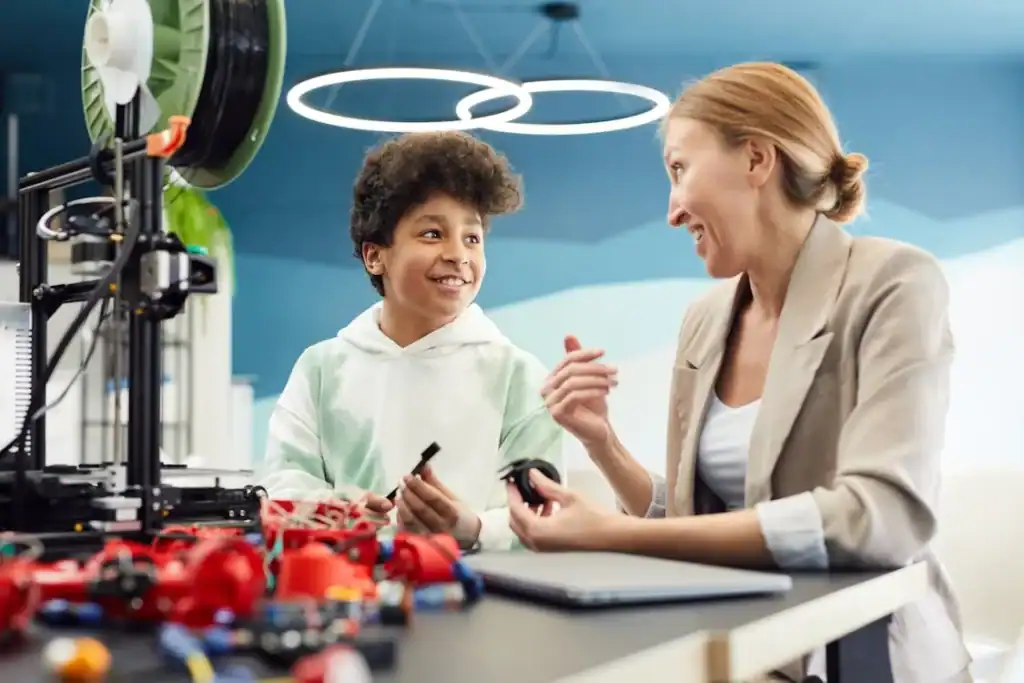
Not all middle school conflicts require parental intervention. Friend arguments, social group changes, and minor exclusions are normal developmental experiences. However, persistent bullying, threats, or situations affecting your child’s safety or mental health need adult involvement. Learning to distinguish helps you respond appropriately without overreacting to normal social learning.
Teach Perspective-Taking Skills
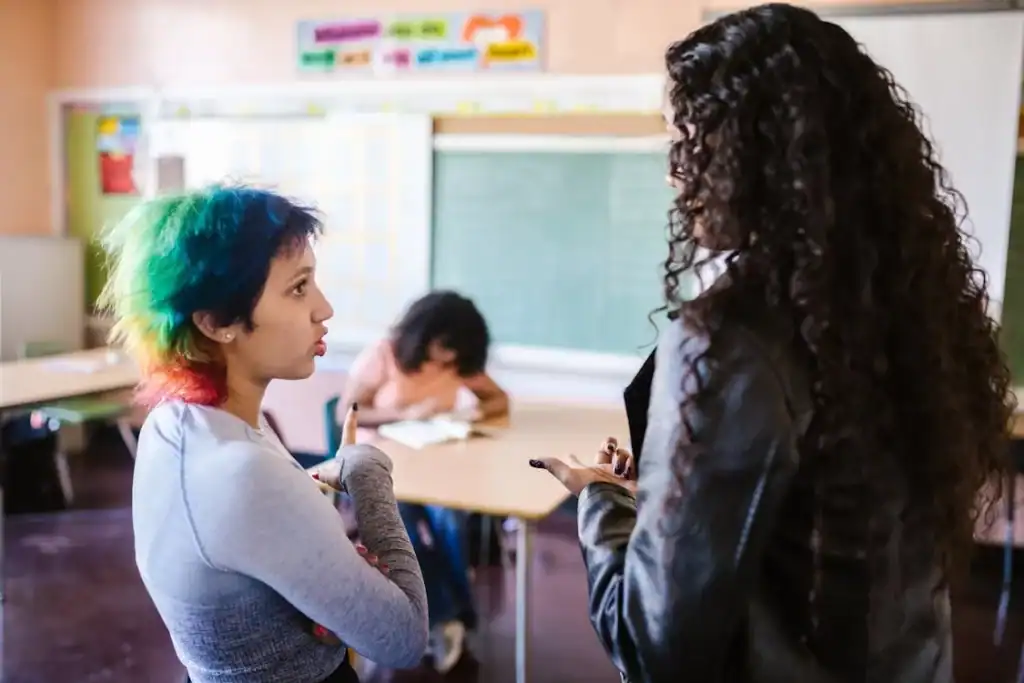
Help your child consider multiple viewpoints in conflicts. “Why do you think Sarah acted that way?” or “What might have been going through her mind?” develops empathy and reduces black-and-white thinking. Middle schoolers naturally see themselves as the center of every situation—perspective-taking skills help them understand complex social dynamics more maturely.
Guide Them in Choosing Quality Friendships

Discuss what makes a good friend: loyalty, kindness, shared interests, and mutual respect. Help them recognize red flags in relationships: friends who only contact them when they need something, or who make them feel bad about themselves. Quality friendship skills developed now impact their relationship choices throughout life.
Stay Connected to School Social Dynamics
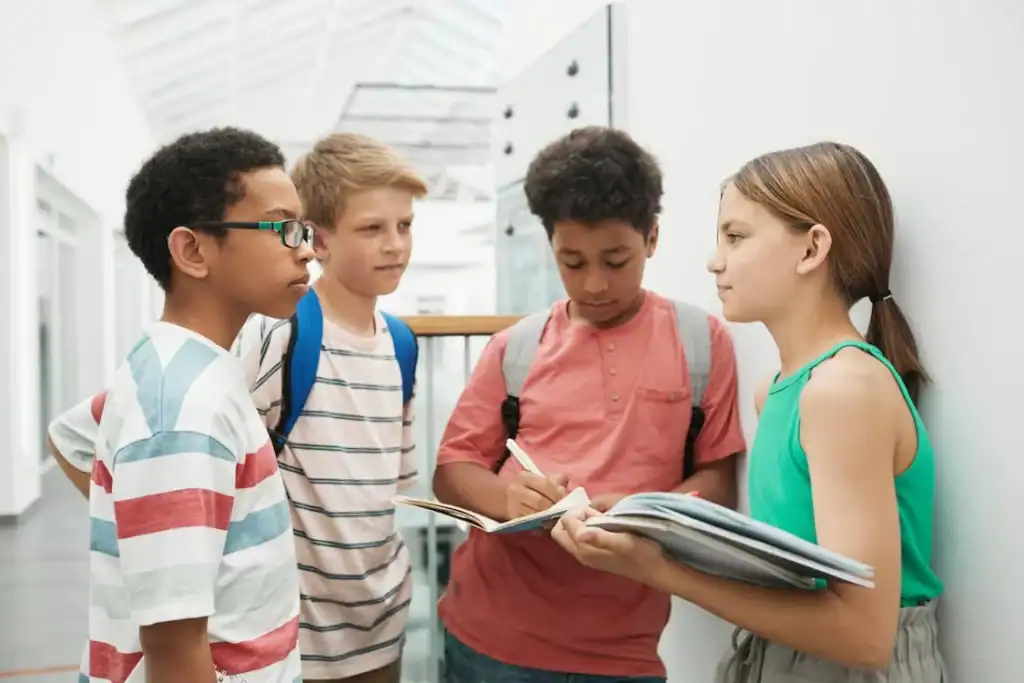
Maintain relationships with other parents and teachers to understand the broader social landscape. This isn’t gossiping—it’s staying informed about patterns affecting your child’s daily experience. Sometimes knowing about group dynamics or classroom tensions helps you support your child more effectively during difficult social periods.
Teach Conflict Resolution Skills
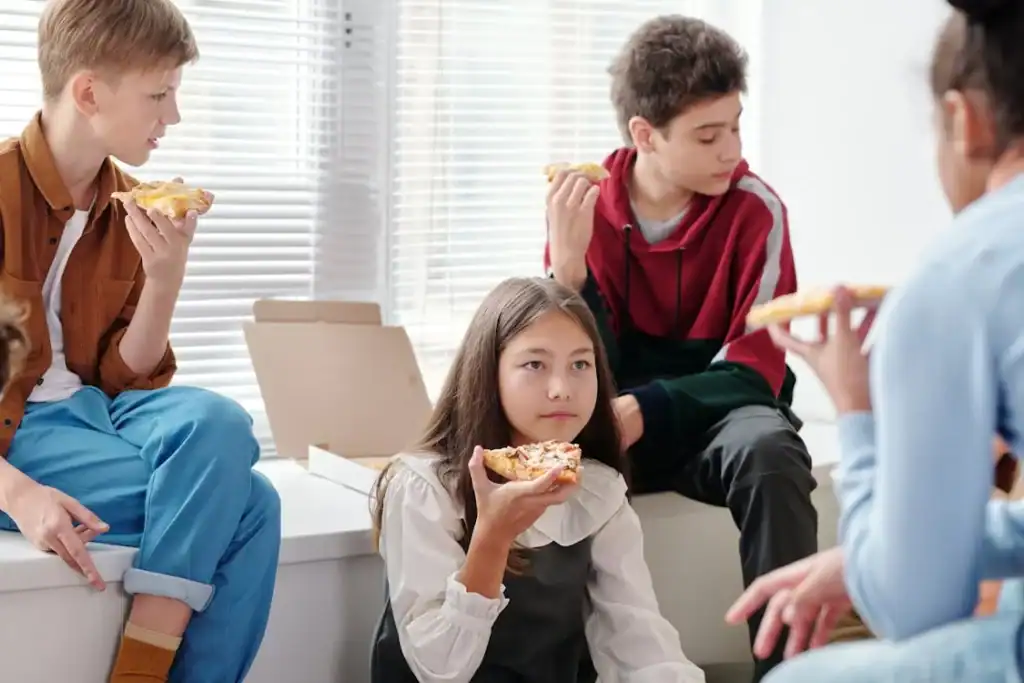
Role-play difficult conversations and teach direct communication techniques. “I felt hurt when you didn’t save me a seat” is more effective than passive-aggressive behavior or spreading complaints to others. These skills serve them throughout life, but middle school provides safe practice opportunities with lower stakes than adult relationships.
Help Them Develop Independence

Resist the urge to call teachers or other parents about every social conflict. Guide your child in solving problems independently first. “What do you think would happen if you talked to her directly?” builds confidence and problem-solving skills. Step in only when they’ve tried reasonable solutions or when safety is concerned.
Monitor Social Media Without Spying
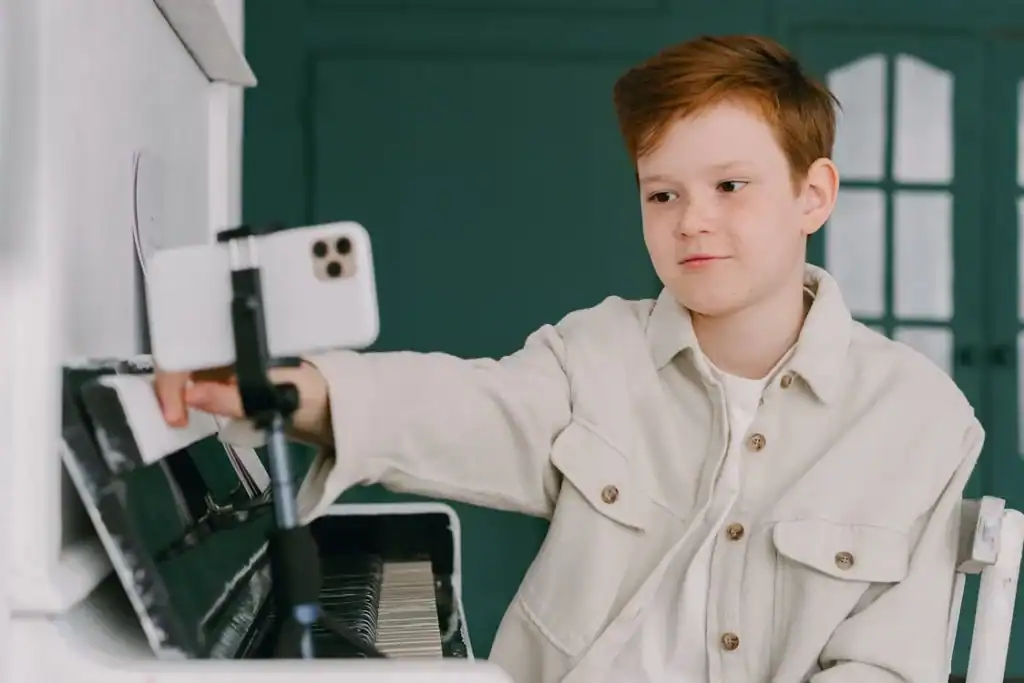
Stay aware of online interactions that fuel offline drama. Many middle school conflicts escalate through group chats, social media posts, or messaging apps. Set clear expectations about digital communication and check devices regularly. Don’t read every message, but maintain awareness of platforms they’re using and overall online social patterns.
Validate Their Emotions Without Drama-Feeding
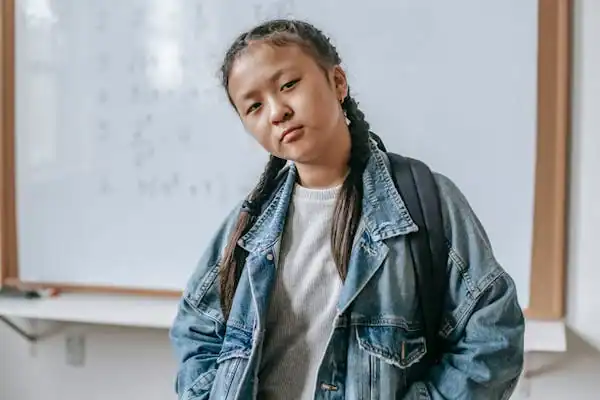
Middle school feelings are intense and real to them, even when situations seem trivial to adults. Validate emotions without amplifying drama: “You’re really upset about this” rather than “That’s terrible!” This acknowledgment helps them process feelings without increasing emotional intensity or teaching them that drama gets bigger reactions.
Model Healthy Social Relationships

Show them how you handle conflicts with friends, navigate social situations, and maintain boundaries in relationships. Your example teaches more than lectures about friendship skills. When you have disagreements with friends, let them see how you work through issues respectfully while maintaining your own values and self-respect.





